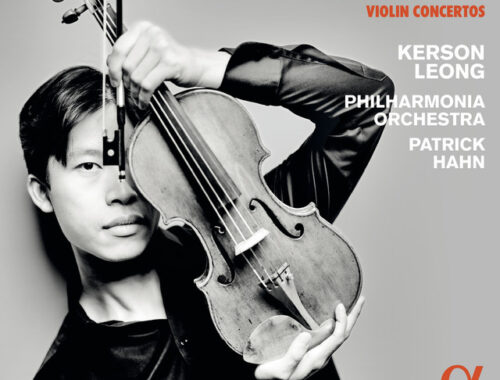Janacek “The Cunning Little Vixen”, Glyndebourne Festival Opera
It might be deduced that the only thing worse than working with children and animals would be working with children as animals. But Leos Janacek was unfazed by the old Hollywood adage and his cartoon-strip derived opera The Cunning Little Vixen was spirited from page to stage with uncynical conviction and, it has to be said, no end of technical hazards. Down in deepest Sussex director Melly Still and her designers Tom Pye (set) and Dinah Collin (costumes) come close to cracking a good many of them drawing parallels between animal and human kind in ways that stay mindful of the fine line between charm and mawkishness and honour the enchantment of Janacek’s pantheistic vision.
In Pye’s corner of the forest a gnarly tree stands proud against his vertiginous hillside. A winding path is carved out of the hedgerows like a deep furrow and the moment of its reveal in the dawning of the opera is breathtakingly lovely as if we the audience are looking down on the scene from a higher vantage point. From higher up the food chain. When the winter snows come, the shroud of whiteness is just that – but how magically it billows across the landscape our eyes momentarily deceived – and not for the first or only time – by Paule Constable’s lighting.
So it looks magical and it behaves like the naive woodcut it is – the folksy reimagining of a world in which the boundaries between animal and human behavior are blurred and an inebriated schoolmaster might mistake that cunning little vixen for his old girlfriend. Feathers are literally ruffled in this piece and when Vixen fails to impose her feminist ideals on a bunch of tarty hens done up like superannuated showgirls (“What do you need a cock for?”) the ensuing havoc wittily lends a whole new meaning to the term “headless chicken”.
Vixen – the super, vibrant Lucy Crowe – and her foxy “mate” Emma Bell, proudly flaunting their “brushes” like accessories, are a vocally virile pairing and casting the veteran Sergei Leiferkus as the weathered Forester enhances the generational continuum of the piece. But all is revealed in Janacek’s orchestra and rarely has the score’s village-band primitivism, breathless animation, and dappled lyricism been so virtuosically pointed as by Vladimir Jurowski and the London Philharmonic Orchestra. Like life, so much in the score is fleeting. Vixen’s death is abrupt and unemotional but Jurowski seizes the moment – and it is only a moment – to mourn her.
You May Also Like

GRAMOPHONE Review: Britten & Bruch Violin Concertos – Kerson Leong, Philharmonia Orchestra/Hahn
07/08/2023
LEONARD BERNSTEIN: Some Other Time
14/12/2023